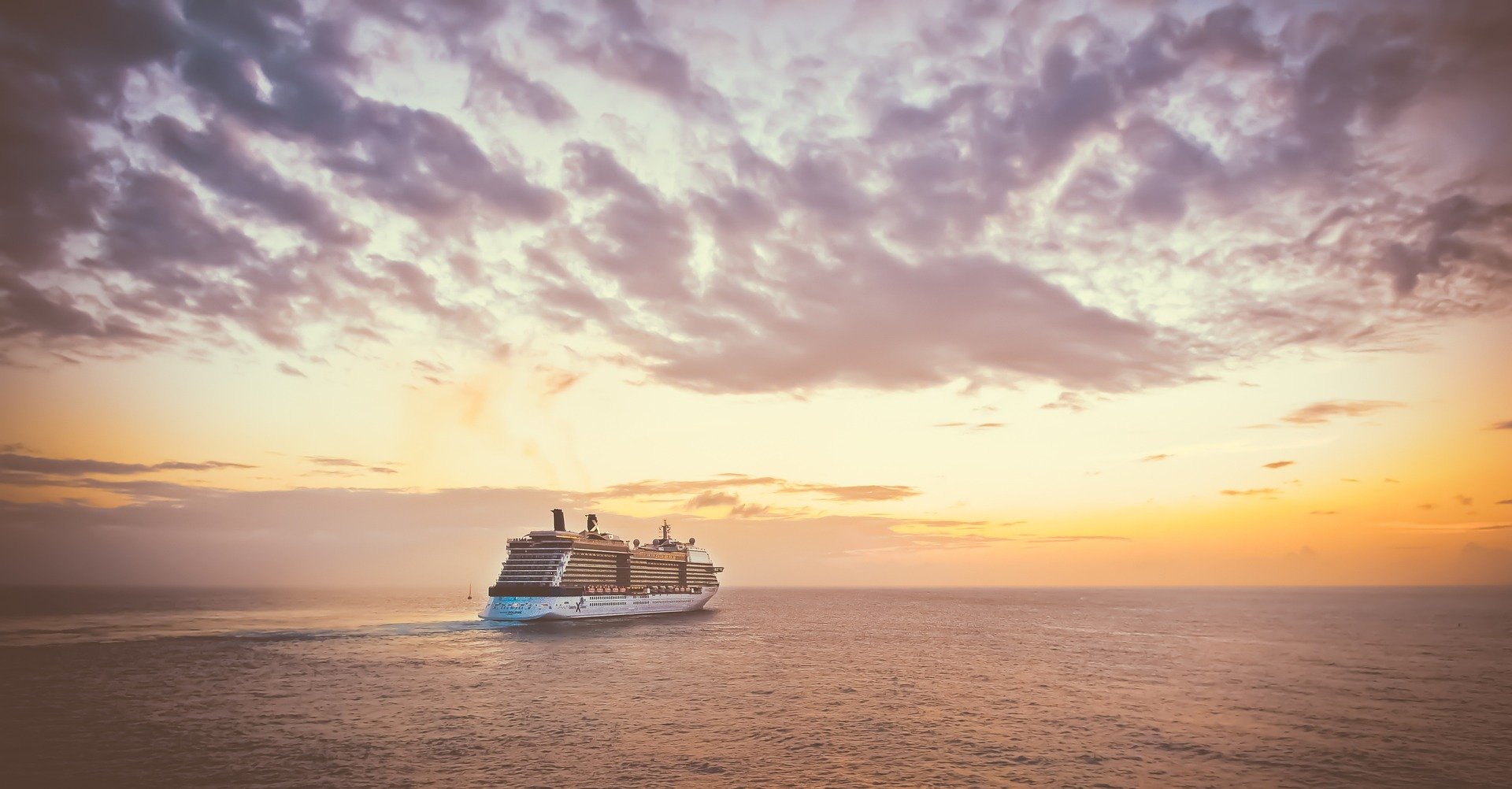Tsuneishi Shipbuilding has delivered what it says is Japan’s first hydrogen dual-fuelled tugboat, marking a development in the country’s efforts to decarbonise its maritime sector.
The vessel, named TEN-OH, was delivered on October 15 at the company’s Tsuneishi Factory in Fukuyama, Hiroshima. The tugboat is equipped with a BEH2YDRO hydrogen-powered internal combustion engine and a high-pressure hydrogen gas storage system supplied by JPNH2YDRO—a joint venture between Tsuneishi Group and CMB.TECH.
The project was developed under The Nippon Foundation’s Zero Emission Ships Project, which aims to develop vessels with zero CO₂ emissions as part of Japan’s goal to achieve carbon neutrality in coastal shipping by 2050.
The tugboat features twin 12-cylinder hydrogen-blended engines with 4,400 horsepower and stores approximately 250 kg of hydrogen in high-pressure tanks. According to Tsuneishi, this configuration provides operational performance equivalent to conventional fuel use while enabling CO₂ reductions. The vessel can operate solely on marine fuel if the hydrogen fuel system fails, maintaining what the company describes as the same safety standard as conventional vessels.
Hydrogen fuel produces no carbon dioxide when burned and is considered a potential contributor to achieving carbon neutrality in shipping. Tugboats assist large vessels when entering or leaving port, requiring high manoeuvrability and strong engine output.
Sachio Okumura, representative director, president, and executive officer of Tsuneishi Shipbuilding, commented: “It is a great honour to deliver Japan’s first hydrogen dual-fuelled tugboat. Across our domestic and overseas operations, we are developing vessels powered by next-generation fuels such as methanol and LNG. By building on the expertise gained through this project and leveraging the collective strength of the Group, we will continue to drive innovation and contribute to a more sustainable future for the maritime industry.”
The vessel measures 38.0 m in length overall, with a breadth of 9.6 m and draft of 4.2 m. Its gross tonnage is less than 300.
Tsuneishi Shipbuilding, founded in 1917, operates manufacturing bases in Japan, the Philippines, and China, building bulk carriers, container carriers, and tankers.
The Nippon Foundation’s Zero Emission Ships project supports the development of ships with zero CO₂ emissions through demonstration testing of hydrogen-powered vessels.





